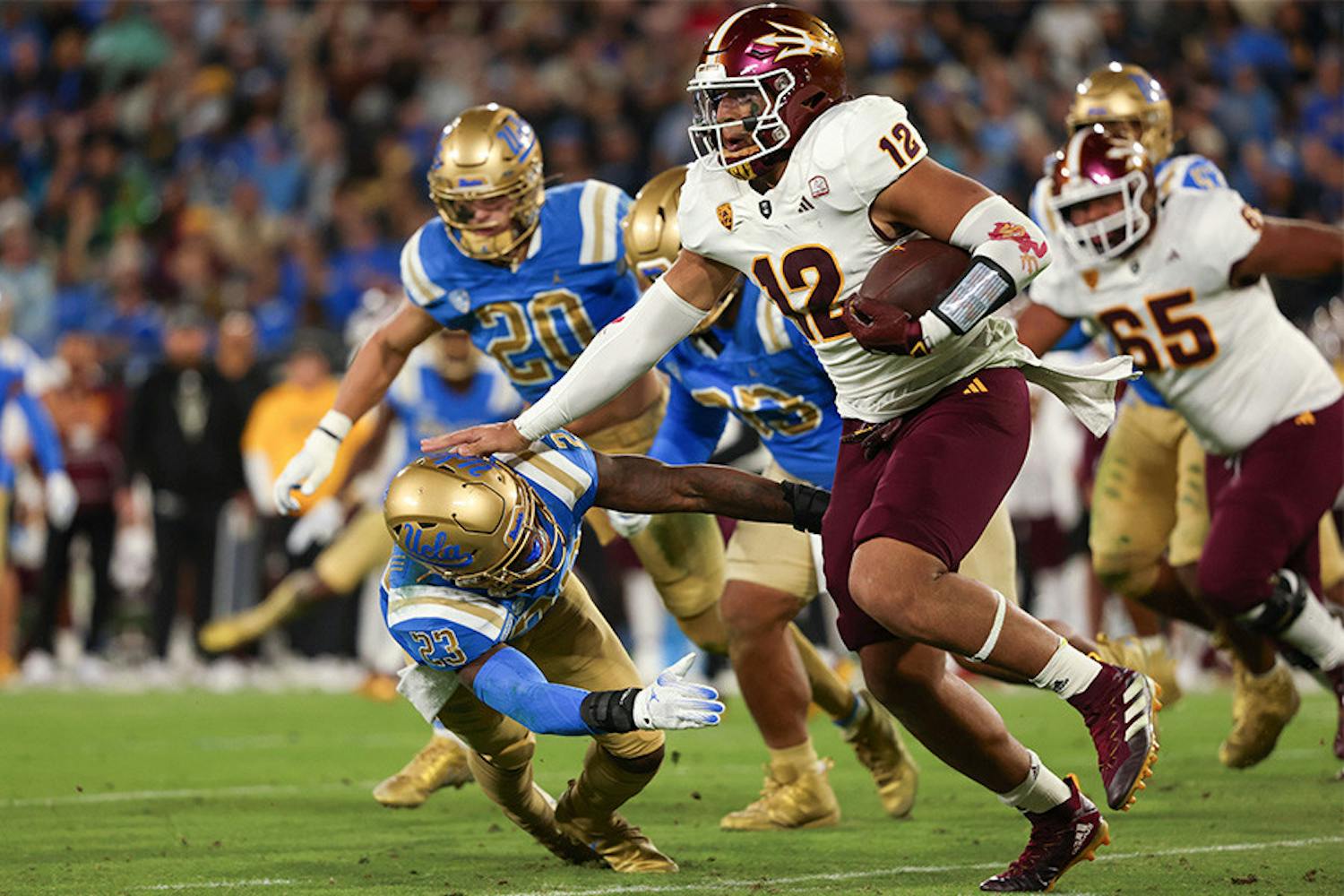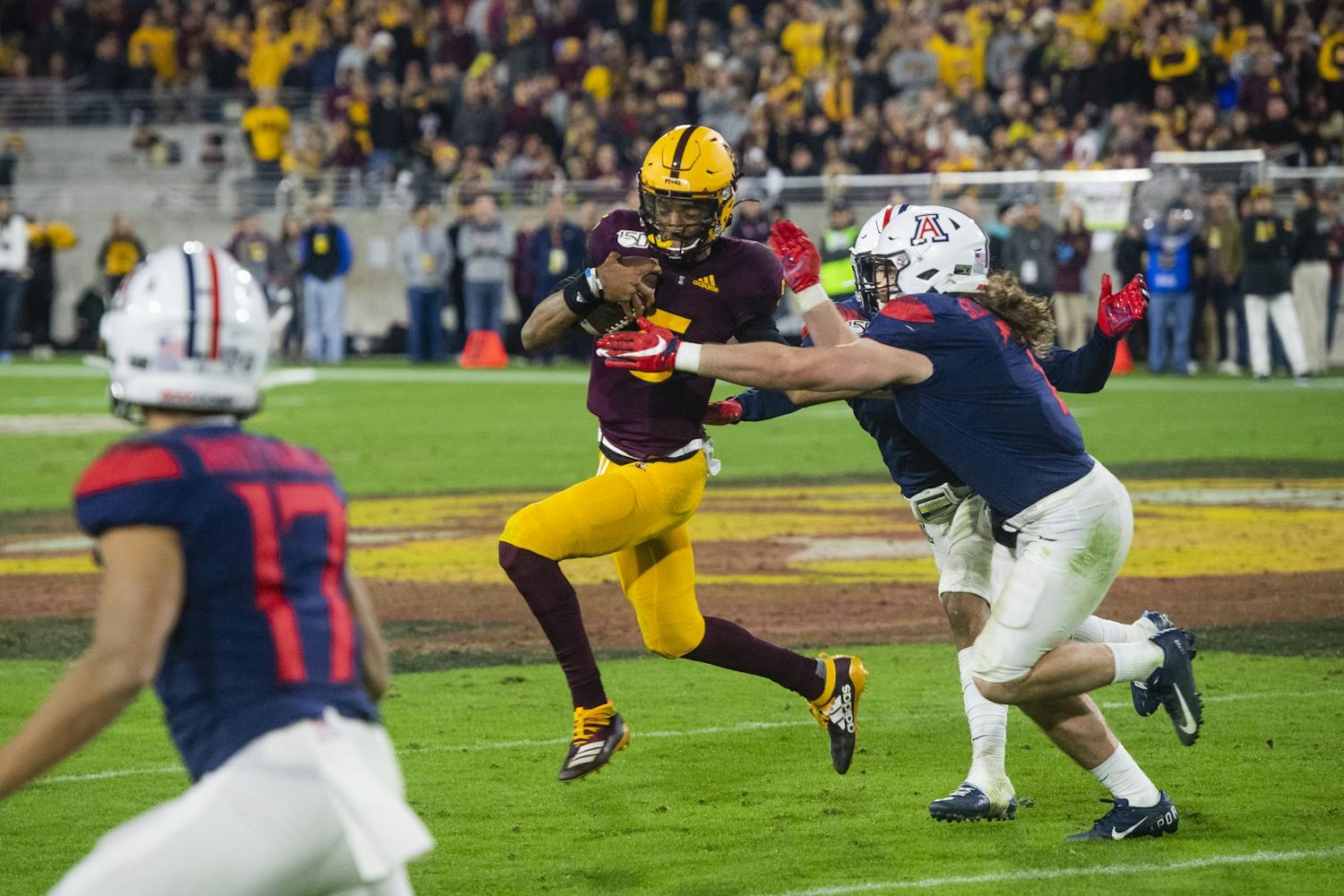Let’s set the record straight: Contrary to some misprinted signs on campus, the first presidential debate is on Wednesday, October 3 from 6:00 pm to 7:30 pm MST. You can watch it on C-SPAN, ABC, CBS, Fox, NBC and cable news channels like CNN, Fox News and MSNBC.
There’s no time like election season for candidates and voters to rear their most distasteful heads.
Nowhere does this political drama play out more succinctly than a presidential debate. Candidates from both sides gather not really to disclose their best plans for the country, but to passive-aggressively rip their opponent apart — sound byte by sound byte. We can see candidates metaphorically, and perhaps literally, roll their eyes at each other. How can debates remain an honest part of the election process when voters know they’re not genuine?
It is undeniable that presidential debates insert an enormous amount of pressure into political campaigns. We can only imagine the amount of time politicians spend mulling over minute details, while keeping an overarching message in mind. Its importance cannot be undermined, either. Some pundits contend that the presidential debates might be former Massachusetts Gov. Mitt Romney’s last chance to salvage his image, to regain the votes he has lost — especially after his 47 percent remark.
Perhaps politicians can answer questions more honestly if debates took place in a room without both supporters and hecklers. Politicians might speak more candidly, unencumbered by the audience’s applause that seems to gauge political oomph. Political debates, especially presidential ones, are not so much debates as they are opportunities to darken party lines.
The discussion between politicians is mediated by an audience and thus, politicians don’t really confront each other, but members of an audience. Is a political debate still a reliable means of receiving information when it is basically a glorified he-said, she-said contest? Even with its faults, political debates might the closest voters get to a direct confrontation between the two candidates. Instead of addressing each other through attack ads, the two candidates can direct their criticisms at each other more straightforwardly.
Viewers who watch these political debates don’t exactly make every effort to make the most of the information given at a debate. There’s the viewer who seldom sees a debate to its end and tunes in only to hear his or her beliefs confirmed and/or refuted by the other side. They watch, in part, to hear that they were right. There are viewers who no longer feel they are stakeholders in the political debate; they watch to see a drama unfold and to be entertained. And then there’s the viewer who doesn’t watch the debate at all, the one who might be disenchanted — the one who feels the candidates’ message is too cryptic or vague to understand.
It’s hard to tell if a handful of presidential debates will make or break a campaign. As for now, let’s at least make sure our campus posters get the debate’s date and time right.
Want to join the conversation? Send an email to opiniondesk.statepress@gmail.com. Keep letters under 300 words and be sure to include your university affiliation. Anonymity will not be granted.



